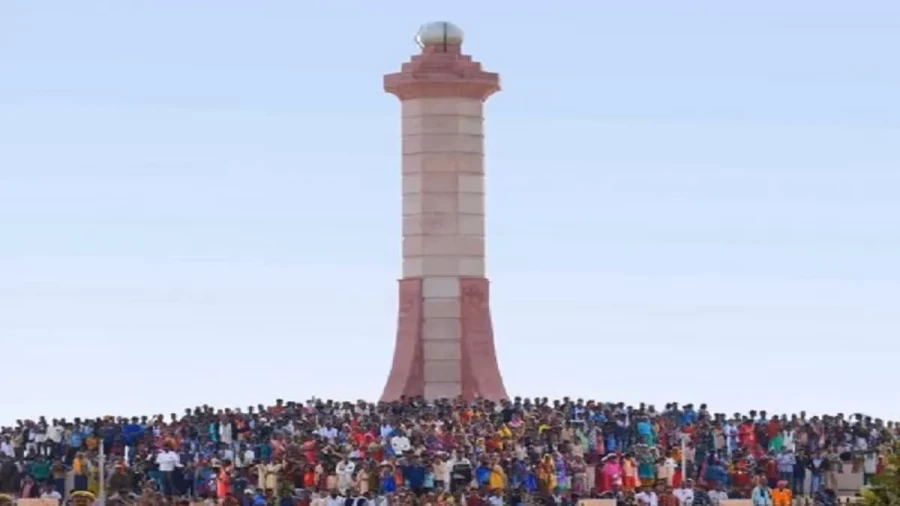The Bhil tribe, one of the largest tribal groups in India, has a long history of demanding a separate state. Their demand for ‘Bhil Pradesh’ is rooted in a desire for self-governance and better recognition of their cultural and economic needs.
Lack of Development
The Bhil tribe feels that the regions they inhabit have been neglected in terms of development. They believe that having a separate state would lead to better allocation of resources and focused development efforts.
Cultural Preservation
The Bhil tribe has a rich cultural heritage that they feel is being eroded by assimilation into the broader state cultures. A separate ‘Bhil Pradesh’ would allow them to preserve and promote their unique traditions, languages, and customs.
Political Representation
Members of the Bhil tribe argue that they are underrepresented in the current political framework. A separate state would provide them with a greater voice and more influence in political decisions that affect their lives.
Economic Opportunities
The economic opportunities available to the Bhil tribe in the existing states are limited. By having a separate state, they hope to create more job opportunities and enhance economic growth tailored to their needs.
Administrative Challenges
Creating a new state involves significant administrative challenges, including redrawing boundaries, setting up new governmental structures, and managing resources.
Political Opposition
There is considerable political opposition to the creation of ‘Bhil Pradesh’. Existing states are reluctant to cede territory and resources, and there is fear of setting a precedent for other tribal groups to demand separate states.
Conclusion
The demand for a separate ‘Bhil Pradesh’ by the Bhil tribe is driven by a combination of cultural, economic, and political factors. While the tribe sees it as a pathway to better development and representation, there are significant challenges and opposition to this demand.
Multiple Choice Questions (MCQs):
- What is the primary reason the Bhil tribe is demanding a separate state?
- A. To assimilate into broader state cultures
- B. For better development and resource allocation
- C. To increase tourism
- D. To reduce administrative challenges
- Answer: B. For better development and resource allocation
- Which of the following is NOT a reason for the Bhil tribe’s demand for ‘Bhil Pradesh’?
- A. Lack of development
- B. Cultural preservation
- C. Political representation
- D. Increasing political opposition
- Answer: D. Increasing political opposition
- What is a major challenge in creating ‘Bhil Pradesh’?
- A. Reducing tourism
- B. Preserving state boundaries
- C. Administrative challenges and resource management
- D. Enhancing cultural assimilation
- Answer: C. Administrative challenges and resource management
- How would a separate ‘Bhil Pradesh’ benefit the Bhil tribe culturally?
- A. By assimilating them into broader state cultures
- B. By promoting their unique traditions and customs
- C. By reducing economic opportunities
- D. By decreasing their political influence
- Answer: B. By promoting their unique traditions and customs
- What is a potential benefit of ‘Bhil Pradesh’ in terms of economic opportunities?
- A. Limited job opportunities
- B. Enhanced economic growth tailored to their needs
- C. Reduced resource allocation
- D. Increased administrative challenges
- Answer: B. Enhanced economic growth tailored to their needs
